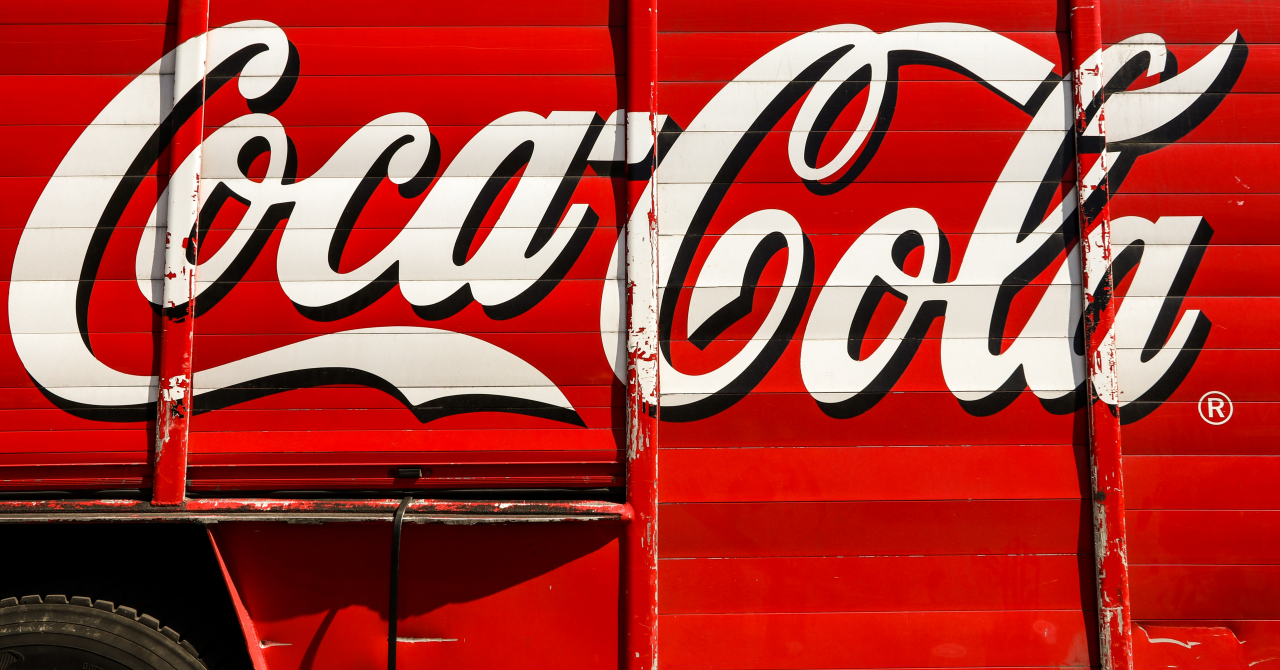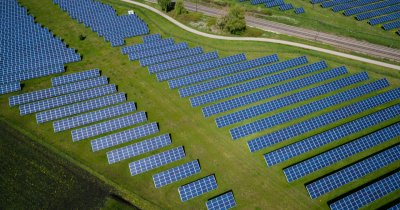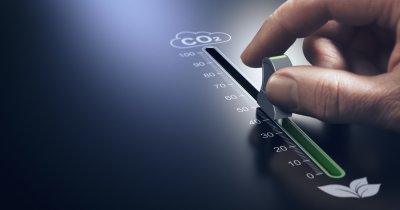According to The Guardian, the Changing Markets Foundation found that company claims about "ocean-bound" or "recyclable" plastic that fights pollution are among the most common examples of greenwashing.
The same organization adds that these claims are made with very little proof about how the products really help with plastic pollution and they're only used by companies to hide the true impact from customers.
George Harding-Rolls, campaign manager at Changing Markets Foundations, said that “our latest investigation exposes a litany of misleading claims from household names consumers should be able to trust. This is just the tip of the iceberg and it is of crucial importance that regulators take this issue seriously."
The same report says that Coca-Cola spent millions of dollars in order to promote the fact that their innovative bottles use 25% marine plastic, but fails to mention the fact that the beverages company is among the world's biggest plastic polluters.
Coca-Cola isn't the only company guilty of this, as Kim Kardashian's Skims clothing company claims that the compostable underwear packaging is "not plastic", as it states on the label itself.
Still, a small print on the same packaging reveals the fact that product is made of LDPE (Low-Density Polyethylene) or type 4 plastic.
Perfetti Van Melle, the producers of Mentos mints, mention how eco the new cardboard box packaging is, without unveiling the fact that it is actually an unrecyclable composite material made out of card, aluminium and plastic.
After the EU ban on plastic cutlery, Mercadona, a Spanish supermarket chain, marked its plastic kitchen tools as "reusable", instead of finding environmentally-friendly alternatives.
Sian Sutherland, A Plastic Planet co-founder, said that "plastic is now a very powerful and emotional word. We all feel the plastic guilt when we fill our shopping baskets. Brands have been exploiting this over recent years, using age-old marketing techniques that are totally misleading or downright fake, pretending that the problem is being fixed when actually it is getting worse, with plastic production set to treble by 2040."
 Mihai - Cristian Ioniță
Mihai - Cristian Ioniță












Any thoughts?